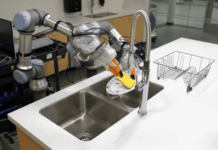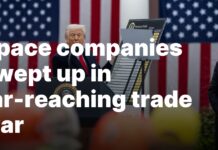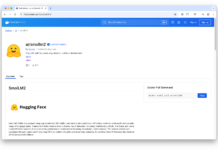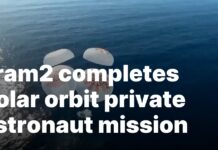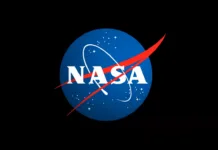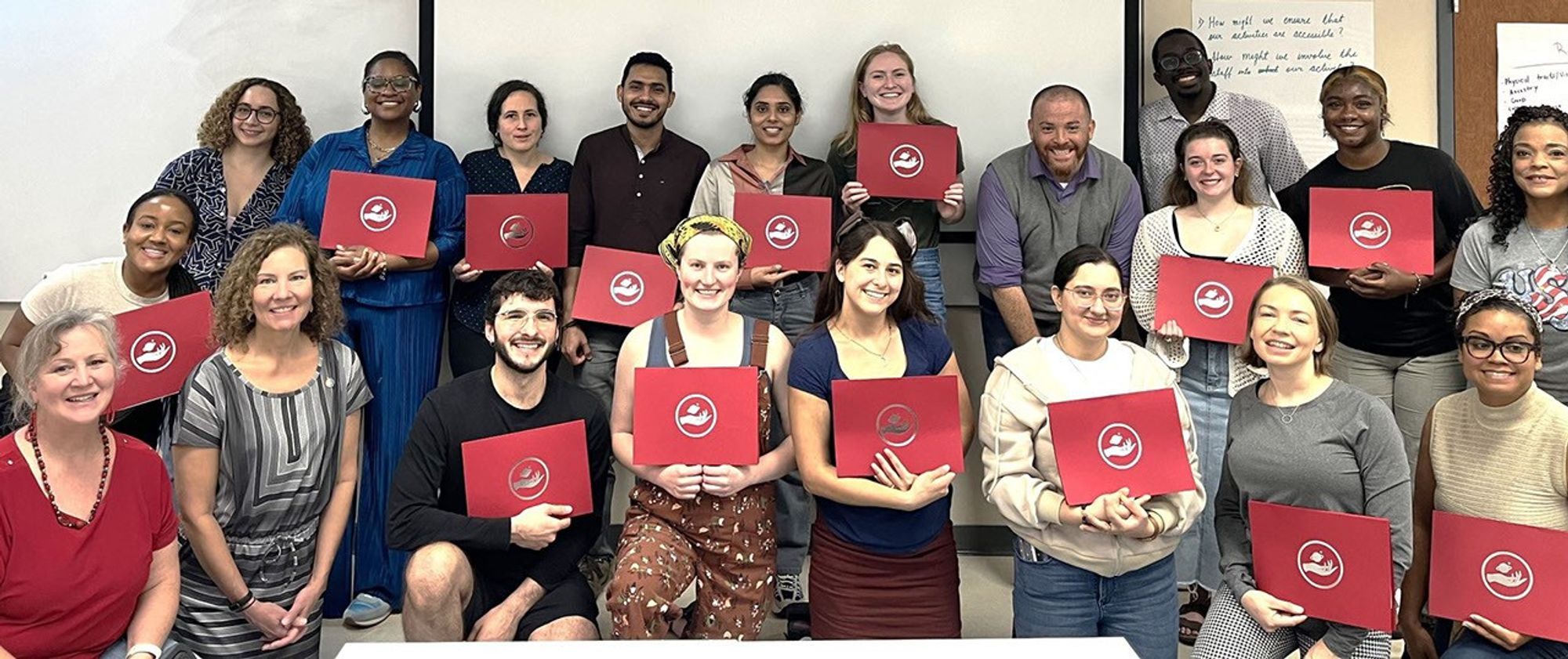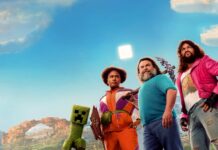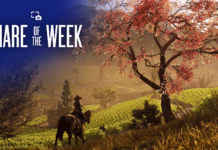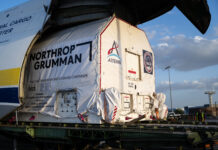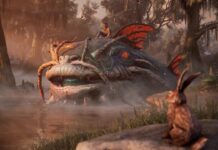Engaging the Future: A Culturally Inclusive Approach to Space Sciences
The world of space sciences is vast and fascinating, offering insights into everything from the outer reaches of our solar system to the very beginnings of life itself. To ensure that this field remains dynamic and inclusive, the NASA Science Activation Program’s Planetary Resources and Content Heroes (ReaCH) project organized a Culturally Inclusive Planetary Engagement workshop. This event took place from November 6-8, 2024, at the Bradley Observatory, located on the beautiful campus of Agnes Scott College in Atlanta, Georgia. This workshop served as a gathering for a diverse group of professionals from various fields, including planetary science, astrobiology, astronomy, and heliophysics, along with invited education specialists.
The primary aim of this workshop was to foster a deeper understanding and implementation of culturally inclusive practices within the space sciences community. By doing so, it sought to broaden the appeal and accessibility of space sciences to a wider and more diverse audience.
A Diverse Gathering of Minds
This workshop was a melting pot of ideas and expertise, bringing together professionals from different areas of space science. These experts, along with education specialists, participated in a series of activities designed to enhance their skills in engaging with diverse communities. Such engagement is crucial, as it ensures that the benefits and wonders of space exploration are accessible to everyone, regardless of their cultural background.
The workshop was not just about theoretical discussions but also about practical applications. Participants were encouraged to think about how they could apply culturally inclusive practices in their own fields and work environments. This approach ensures that the lessons learned during the workshop can have a lasting impact, extending well beyond the confines of the event itself.
Hands-On Learning with the Next Generation
An essential component of the workshop was its focus on hands-on, practical activities. To put the skills they had learned into practice, participants facilitated a series of space-themed, culturally inclusive activities. These activities were designed to engage students, families, and staff at the Center for a New Generation at the Tuskegee Airmen Global Academy Boys and Girls Club.
This interaction was beneficial for both the participants and the attendees. For the professionals, it provided an opportunity to test their new skills in a real-world setting, receiving immediate feedback on their approaches. For the students and their families, it offered a chance to engage with space sciences in a way that was both educational and enjoyable.
Making Space Sciences Accessible
One of the key challenges faced by the space sciences community is making the field accessible to a broader audience. This includes addressing the cultural barriers that might prevent some individuals from engaging with space sciences. The workshop aimed to tackle these challenges by promoting culturally inclusive practices.
Cultural inclusivity in space sciences involves recognizing and respecting the diverse backgrounds of individuals who might be interested in or impacted by this field. It means creating educational materials and programs that are relevant and appealing to diverse audiences. It also involves ensuring that the space sciences community itself is diverse, reflecting the wide range of perspectives and experiences that exist in the world.
The Importance of Inclusivity in Science
Inclusivity in science is crucial for several reasons. Firstly, it ensures that the benefits of scientific advancements are shared by all, rather than being confined to a select few. Secondly, it brings a wider range of perspectives into the field, which can lead to more innovative and creative solutions to scientific challenges. Finally, it helps to inspire a new generation of scientists from diverse backgrounds, ensuring the continued growth and development of the field.
Reactions to the Workshop
The workshop received positive feedback from both participants and attendees. Many participants noted that the experience had opened their eyes to the importance of cultural inclusivity in their work. They appreciated the opportunity to engage with students and families, seeing firsthand the impact that culturally relevant activities can have.
Attendees at the Boys and Girls Club also found the activities enjoyable and educational. Many students expressed a newfound interest in space sciences, with some even considering pursuing a career in this exciting field. This enthusiasm is a testament to the power of culturally inclusive education in inspiring the next generation.
Looking to the Future
The success of this workshop highlights the importance of continued efforts towards cultural inclusivity in the space sciences. By ensuring that all individuals have the opportunity to engage with and benefit from space sciences, we can create a more equitable and innovative field.
Moving forward, it is essential that the principles of cultural inclusivity continue to be integrated into both educational and professional practices within the space sciences community. This will involve ongoing collaboration between scientists, educators, and community leaders to develop and implement programs that are truly inclusive.
For more information about the Planetary Resources and Content Heroes (ReaCH) project and their initiatives, you can visit their official website here.
In conclusion, the Culturally Inclusive Planetary Engagement workshop was a significant step forward for the space sciences community. By promoting inclusivity and diversity, it has set the stage for a future where space sciences are accessible and appealing to all. This approach not only benefits the individuals involved but also enriches the field as a whole, ensuring its continued growth and success.
For more Information, Refer to this article.


















